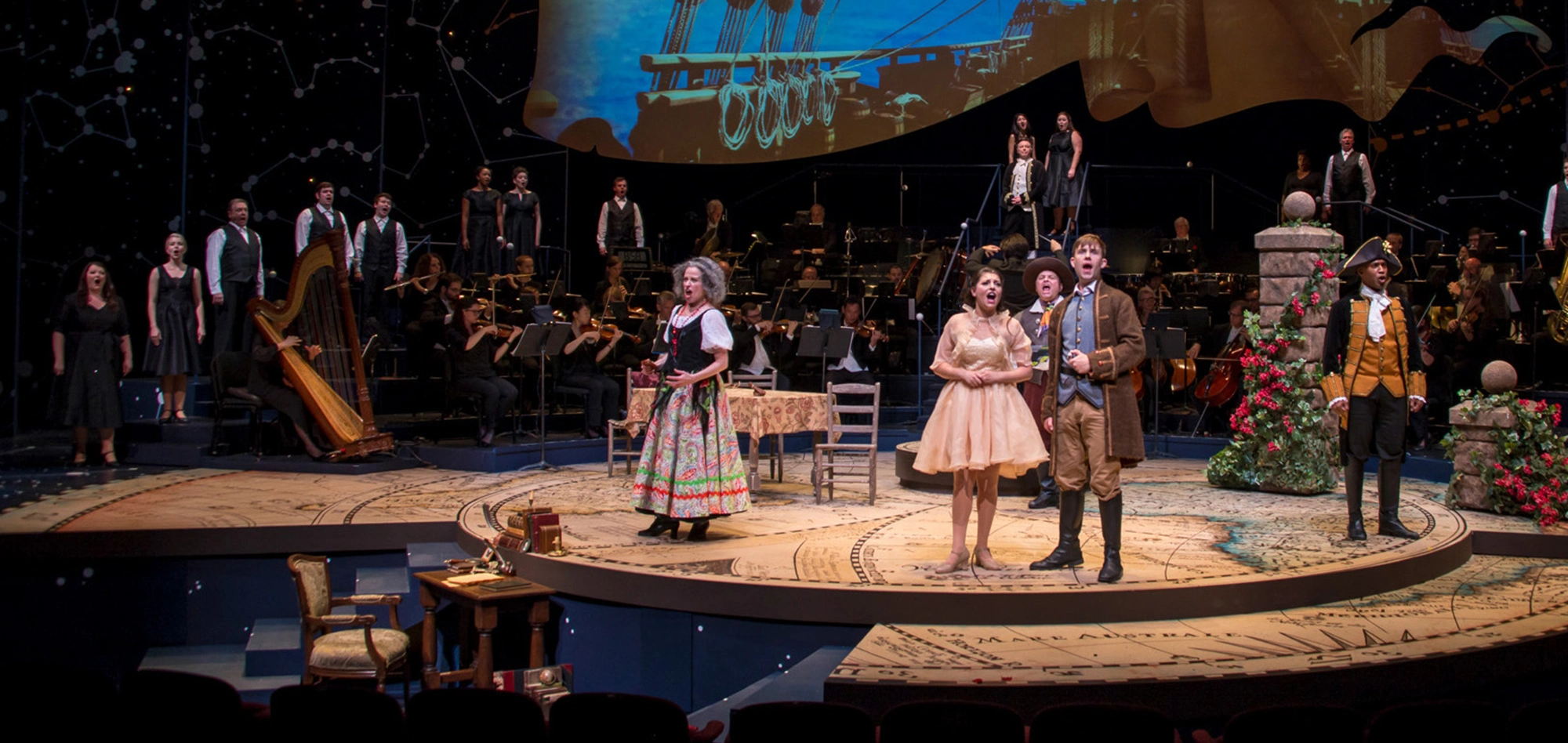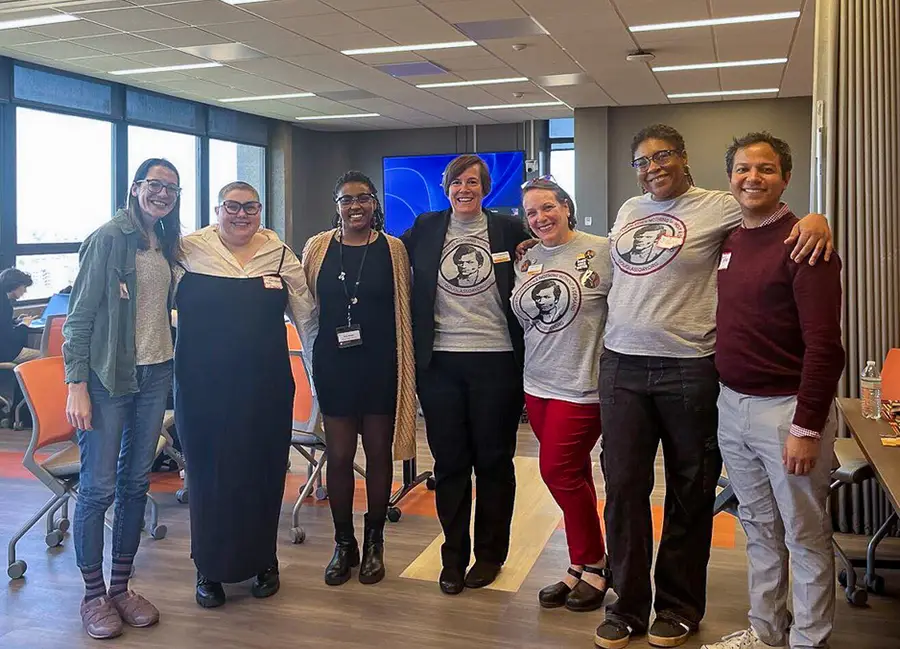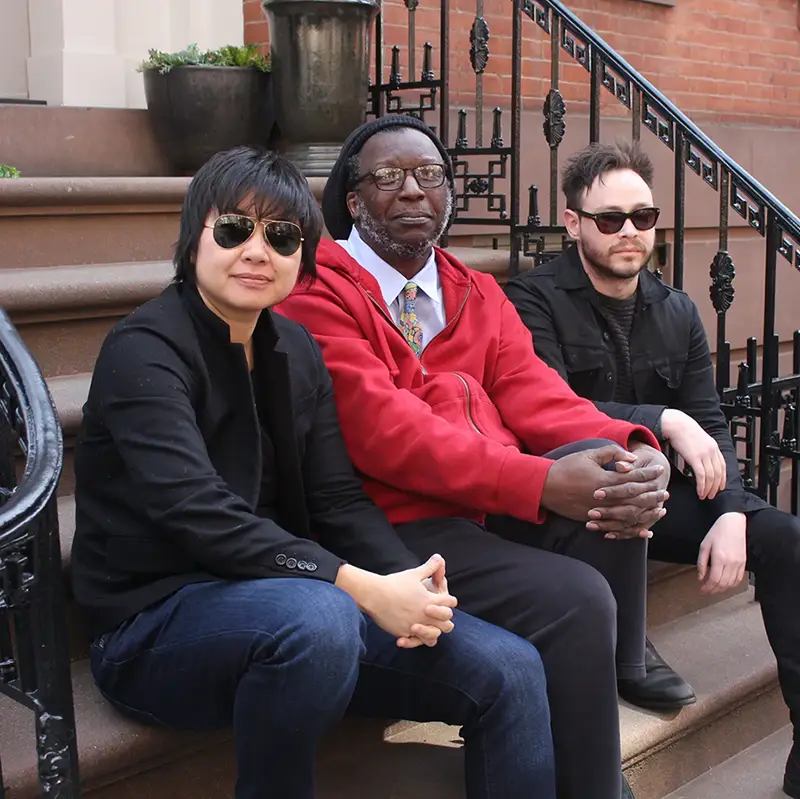
DIVISION OF
ARTS & HUMANITIES
The arts and humanities are studies of human values, capacities, and achievements focusing on the evolution of linguistic and artistic expression, religion, and philosophy. Courses in the humanities help you develop analytical skills, critical reasoning, language proficiency, and aesthetic appreciation.
Departments
School of Art
Classics
English
History
World Languages & Cultures
Philosophy
Religious Studies
Theater
“The visual, written, and performing arts enliven and foster empathy and positive change, just as scholarship in the humanities provides deeper contexts for understanding our diverse heritage, traditions, history, and culture. Together, these are key to the education of our students, preparing them to lead purposeful lives as engaged citizens.”
Beauvais Lyons
Divisional Dean for Arts and Humanities
- President’s Award Recognizes Katy Chiles for Collaborations in Diversityby Randall Brown The 2024 University of Tennessee President’s Awards recognized Associate Professor Katy Chiles, Department of English, with the… Read more: President’s Award Recognizes Katy Chiles for Collaborations in Diversity
- The Bottom Links Art to Research on East Knoxville NeighborhoodThe Bottom: Stories from the NeighborhoodThrough August 3, 2024UT Downtown Gallery by Amy Beth Miller | Photos by Ewing Gallery… Read more: The Bottom Links Art to Research on East Knoxville Neighborhood
- Cornelius Eady Connects Students to a National Community of Working Writersby Randall Brown Professor and Chair of Excellence Cornelius Eady is also the cofounder of the Cave Canem Foundation, established… Read more: Cornelius Eady Connects Students to a National Community of Working Writers


